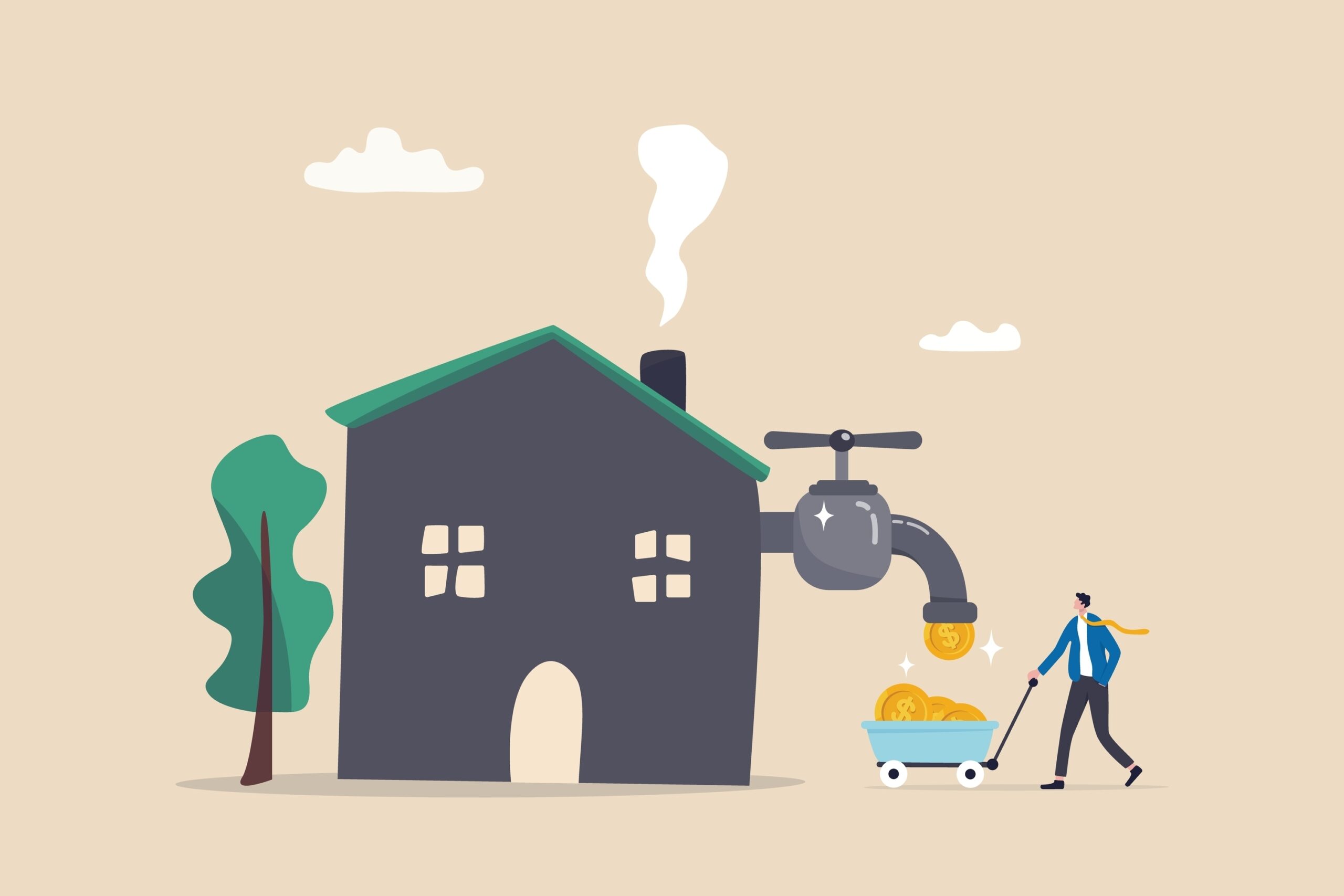Summary: What is a Reverse Mortgage?
A reverse mortgage is a loan that allows you to take money from the equity that you have in your home without having to sell your home. Sometimes it is also referred to as an “equity release”. With this product, you can borrow up to 55% of the current value of your home.
How Does it Work?
To get a reverse mortgage, you need to be a homeowner and be at least 55 years of age.
As mentioned, you can borrow up to 55% of the current value. The maximum amount that you can borrow will depend on your age, the appraised value of your home and your lender.
When you do a reverse mortgage, you pay back your loan when you move out, sell or when the borrower passes away (borrowed funds still need to be repaid if you die!). This means that you don’t actually have to make any payments until the loan is due. You will accrue interest during the time that you have the mortgage and are not making payments, which means that there will be less equity leftover when it comes time to pay. This is one of the reasons that you can only borrow up to 55% of the home’s value!
Why a Reverse Mortgage?
Good question! People typically use a reverse mortgage to access their home equity if they have no other assets. The funds are often used for paying for home repairs or improvements, providing liquidity to cover regular bills and healthcare expenses or to repay other debts.
Pros & Cons of a Reverse Mortgage:
| Pros | Cons |
| – you don’t have to make any regular loan payments – you may turn some of the value your home into cash, without having to sell it – you don’t pay tax on the money you borrow – this money doesn’t affect the Old Age Security (OAS) or Guaranteed Income Supplement (GIS) benefits you may be getting – you still own your home – you may have options as to when and how you receive the money | – interest rates are higher than most other types of mortgages – the equity you hold in your home may go down as you accumulate interest on your loan – your estate has to repay the loan and interest within a set period of time when you die – the time needed to settle an estate may be longer than the time allowed to repay a reverse mortgage – there may be less money in your estate to leave to your children or other beneficiaries – costs associated with a reverse mortgage may be higher than a regular mortgage or other credit products |
For more real estate articles from Modern Money, click here!

